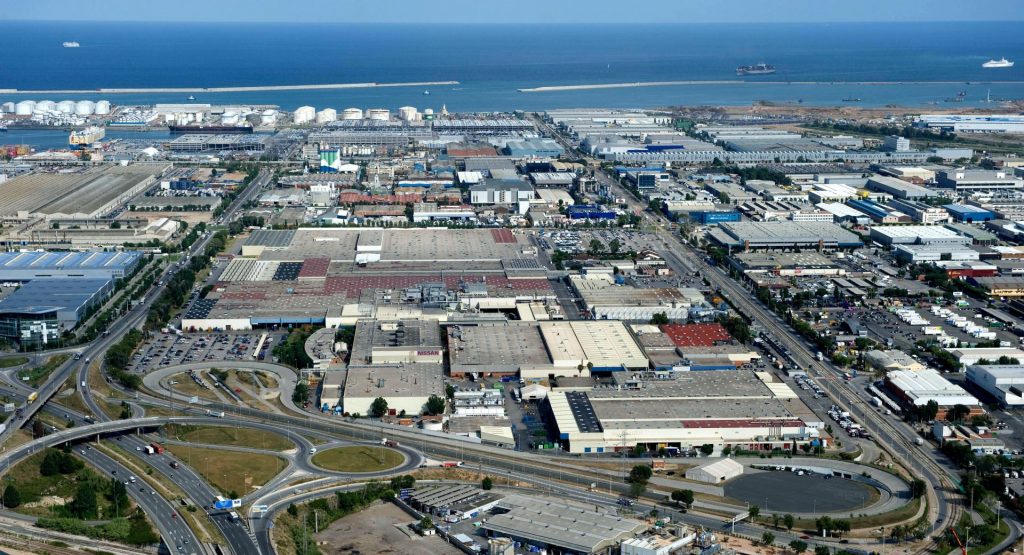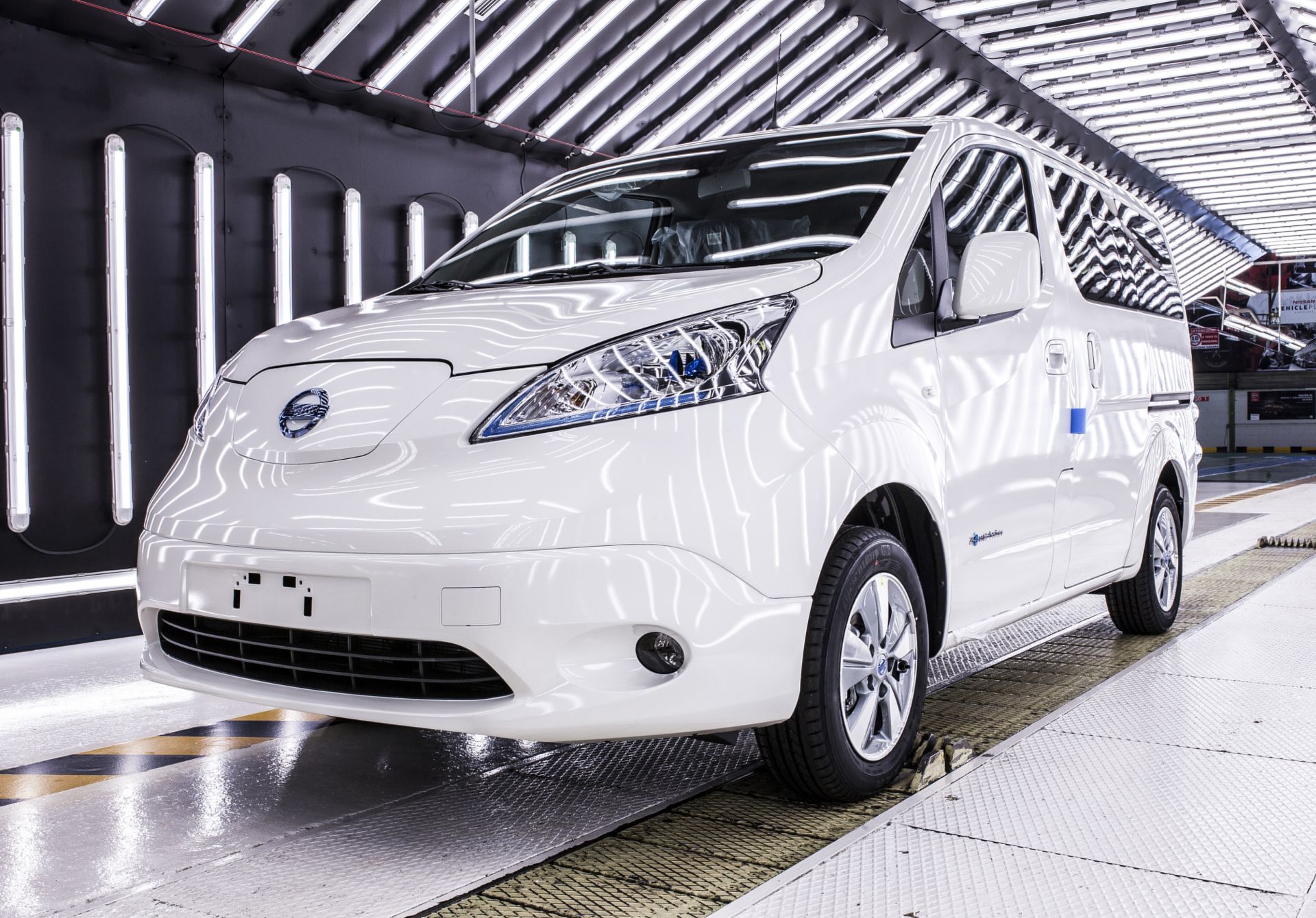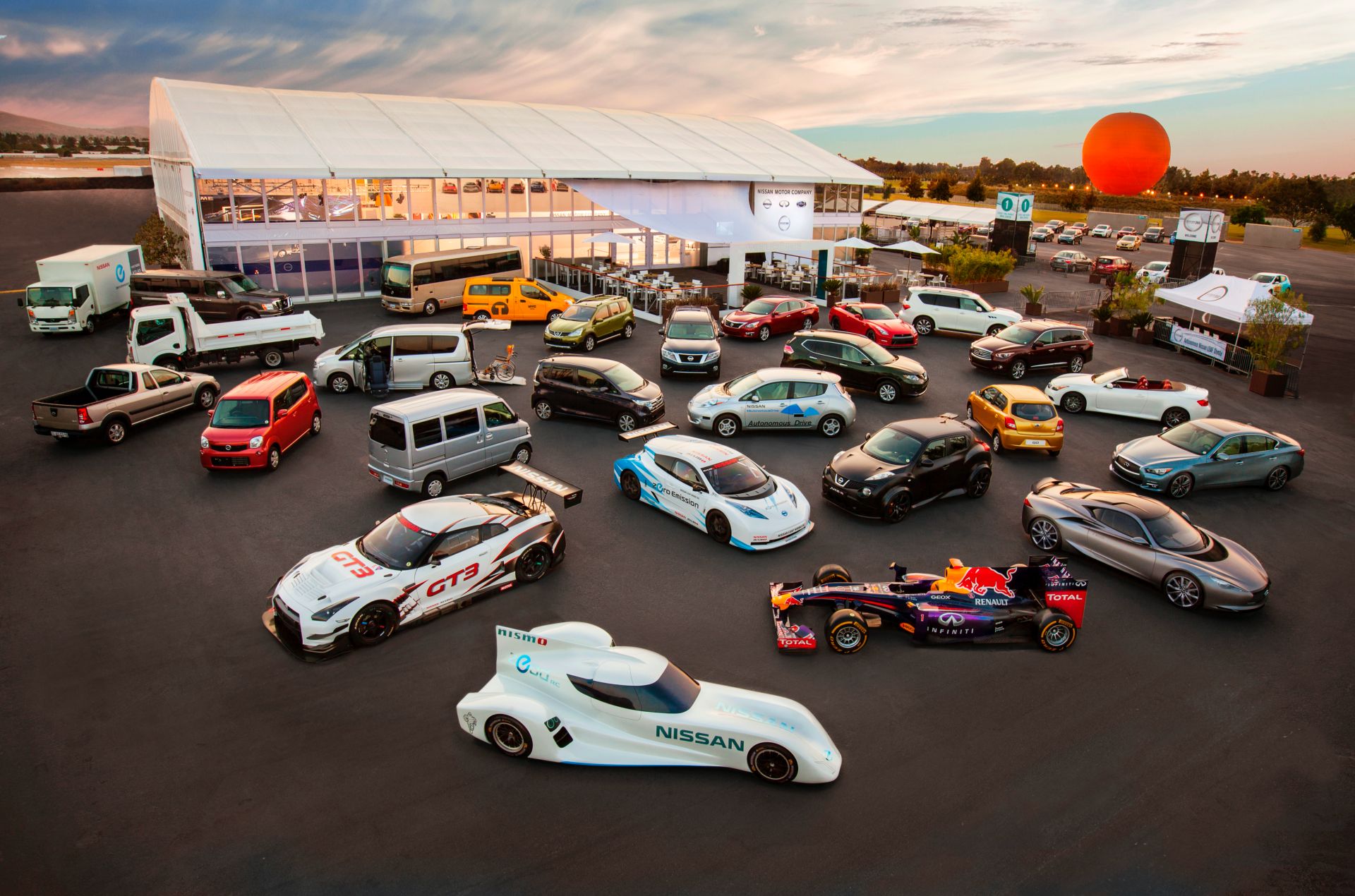Nissan today unveiled the long-awaited restructuring plan and, as expected, news is not good.
The four-year plan outlines some radical decisions, such as the closing of the Barcelona plant in Spain from December 2020. Operational since 1983, the facility currently employs approximately 2,400 people, with another 600 workers in several related facilities.
The plant builds commercial vehicles, including the Navara pickup which Nissan intends to relocate to South Africa. Also made in Barcelona is the e-NV200 electric van which, according to reports, could be built at Renault’s plant in Maubeuge, France.
See Also: Renault, Nissan Outline New Alliance Strategy Focused On Deeper Cooperation
Closing the Barcelona plant is just one decision included in the four-year plan through which Nissan aims to “achieve sustainable growth, financial stability and profitability by the end of fiscal-year 2023.”
Nissan said it will take “decisive action” to transform its business by streamlining unprofitable operations and surplus facilities, alongside structural reforms. The company will also reduce fixed costs by “rationalizing its production capacity, global product range and expenses.” In addition, Nissan will prioritize and invest in business areas expected to deliver a solid recovery and sustainable growth.
The goal is to achieve a 5 percent operating profit margin and a sustainable global market share of 6 percent by the end of fiscal year 2023. The plan is focused on two strategic areas: rationalization and prioritizing core markets and core products.
Nissan will cut its production capacity and global product lineup by 20 percent
Besides closing the Barcelona plant, rationalization measures also include cutting Nissan’s production capacity by 20 percent to 5.4 million units a year, achieving a plant utilization rate above 80 percent, cutting the global product lineup by 20 percent from 69 to fewer than 55 models, and consolidating North American production around core models.
Other restructuring targets consist of reducing fixed costs by approximately 300 billion yen ($2.78 billion), closing the plant in Indonesia and focusing on the Thailand factory as a single production base in the ASEAN region, and sharing resources with Alliance partners, including production, models, and technologies.
Nissan will leave South Korea and close the Datsun business in Russia
The second part of the plan involves prioritizing core markets and core products. From a market standpoint, actions to be taken include focusing Nissan’s core operations in Japan, China and North America, leveraging the Alliance assets to maintain an appropriate operational level in South America, ASEAN and Europe, leaving South Korea and the Datsun business in Russia, as well as streamlining operations in some markets in ASEAN.
From a product perspective, Nissan will focus on global core model segments including “enhanced C and D segment vehicles, electric vehicles, sports cars” as the automaker plans to introduce 12 models over the next 18 months. Nissan will expand its presence in EVs and electric-motor-driven cars, including e-Power, with more than 1 million electrified sales units a year by end of fiscal year 2023. In Japan, the company will launch two more electric vehicles and four more e-Power vehicles, therefore increasing the electrification ratio to 60 percent of sales.
Finally, Nissan will introduce the ProPilot advanced driver assistance system in more than 20 models in 20 markets. By the end of fiscal year 2023, the automaker wants more than 1.5 million units to be equipped with this system each year.






